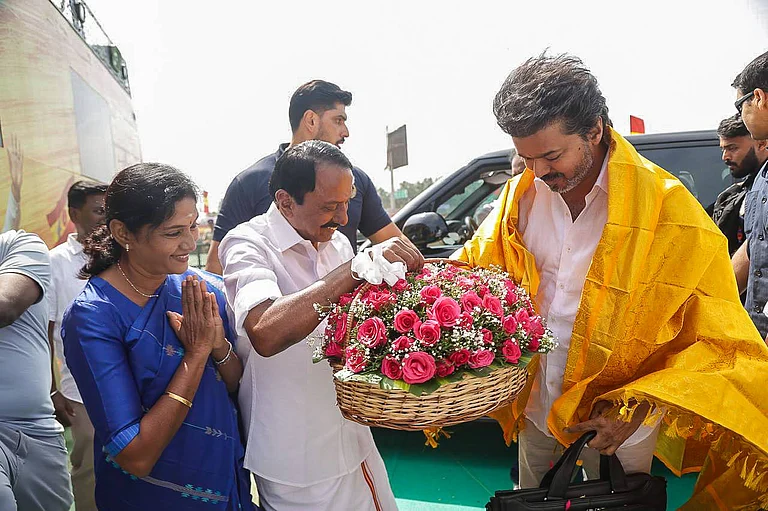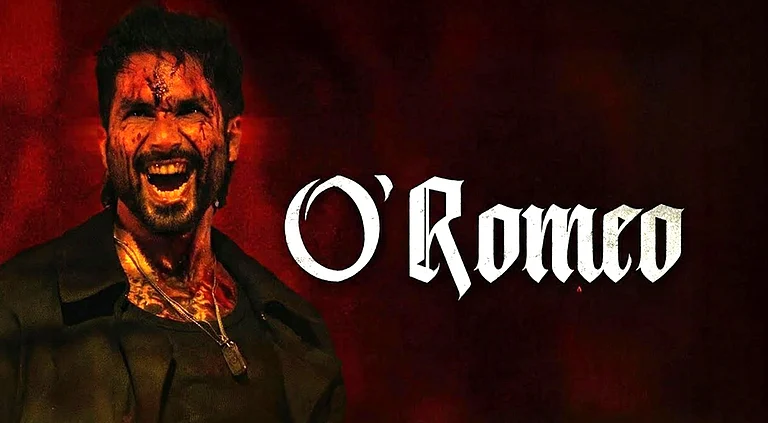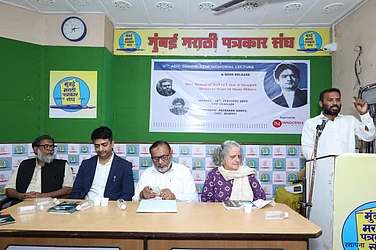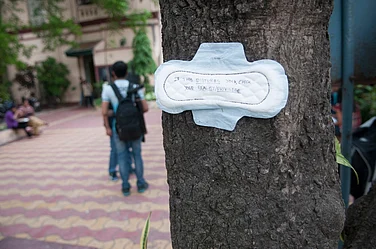The widespread view of India’s political class that the police were integral to the state apparatus that help maintain the social status quo was consolidated in West Bengal during Congress rule in the first 20 years after Independence. When the Left came to power for a brief period, first in 1967 and then in 1969, they did nothing to change that. In 1967, the first United Front government was sacked by the governor after only eight months. Next day, partners of United Front, led by the communists, assembled at Calcutta’s Brigade Parade Ground in protest. The police dispersed it forcibly; two former ministers were beaten up mercilessly in full public view.
In 1969, the second UF government had to face the wrath of the police force for a different reason. A policeman was killed in a clash with political activists. His enraged colleagues took his body, marched into the state assembly and disrupted proceedings. While other politicians ran, deputy chief minister Jyoti Basu stood his ground and forced the policemen to withdraw. The next few years are among the most tumultuous in Bengal’s history: as the Naxalite rebellion flared up, so did police action in quelling them. As law and order deteriorated, Calcutta turned into a battlefield. Both sides committed excesses—that bloody saga is strewn in histories, literature, films and embedded in public memory and urban legend.
During Siddhartha Shankar Ray’s Congress government (1972-77), people in Bengal, more so the leftists, suffered at the hands of the police. After the formation of the first Left Government on June 21, 1977, it decided to offer an amnesty to all political prisoners languishing in jails from before or during the Emergency.
The Left started to take control of the police from below. The Jyoti Basu government gave back the right to form associations to the police that was suspended by the Congress. The Left made steady inroads into the Calcutta Police Association and Non-Gazetted Police Association (for the rest of the state). Thus was started a nexus between the police and CPI(M) local committee leaders. The ruling Left started interfering in day-to-day law and order matters, using the police to suppress any dissidence. In 1979, the government forcibly evicted thousands of refugees from an island called Marichjhapi in the Sundarbans. First the police seized boats to force settlers to leave for want of food. Failing that, they attacked them—many were killed in cold blood. The leftists said the refugees had committed the cardinal sin of defying their hegemony. Bengal’s Left-police nexus reached its acme during the Singur-Nandigram movement in 2007, when armed party cadres in police uniform (but with slippers on their feet) took the field with the police against rebellious peasants.
After the fall of the LF government in 2011, Left parties disappeared from street-level agitations. As a CPI(M) politburo member lamented, they never expected the police to turn against them so quickly. Indeed, even though Mamata Banerjee’s Trinamool government withdrew recognition to police associations, the force remained docile. Initially, it tried to play by the rules: when troublemakers were detained in Calcutta’s Bhawanipore, Mamata herself rushed to the police station. In Magrahat, South 24 Parganas, people attacked the police when they tried to prevent the largescale, illegal ‘hooking’ (theft) of electricity. The police fired a few rounds to disperse the crowd. A furious Mamata suspended the SDPO. On Christmas 2011, a sexual assault on Park Street created an uproar. Mamata saw only a CPI(M) conspiracy and denied any assault. Damayanti Sen, the deputy commissioner, detective department, later confirmed rape. She was called before the CM, forced to tell a different version to the press and shunted out. Next, IAS officer Godala Kiran Kumar was arrested by Siliguri police commissioner K. Jayaraman, for his involvement in a Rs 200 crore scam from the Siliguri area development fund. Promptly, Godala was released and Jayaraman was removed. Mamata’s message was understood across the police force, and it started working as TMC henchmen. When CBI officers went to interrogate the then Calcutta police commissioner Rajiv Kumar at his official residence in connection with the Saradha Ponzi scam, the CM denied them entry. The same night, she started a sit-in protest, alleging interference by the Centre. In truth, local TMC leaders have replaced the CPI(M). In the past year, as the BJP has emerged as the principal opposition party in Bengal, its supporters find themselves on the wrong side of the police.
Also Read
By Rajat Roy in Calcutta


























